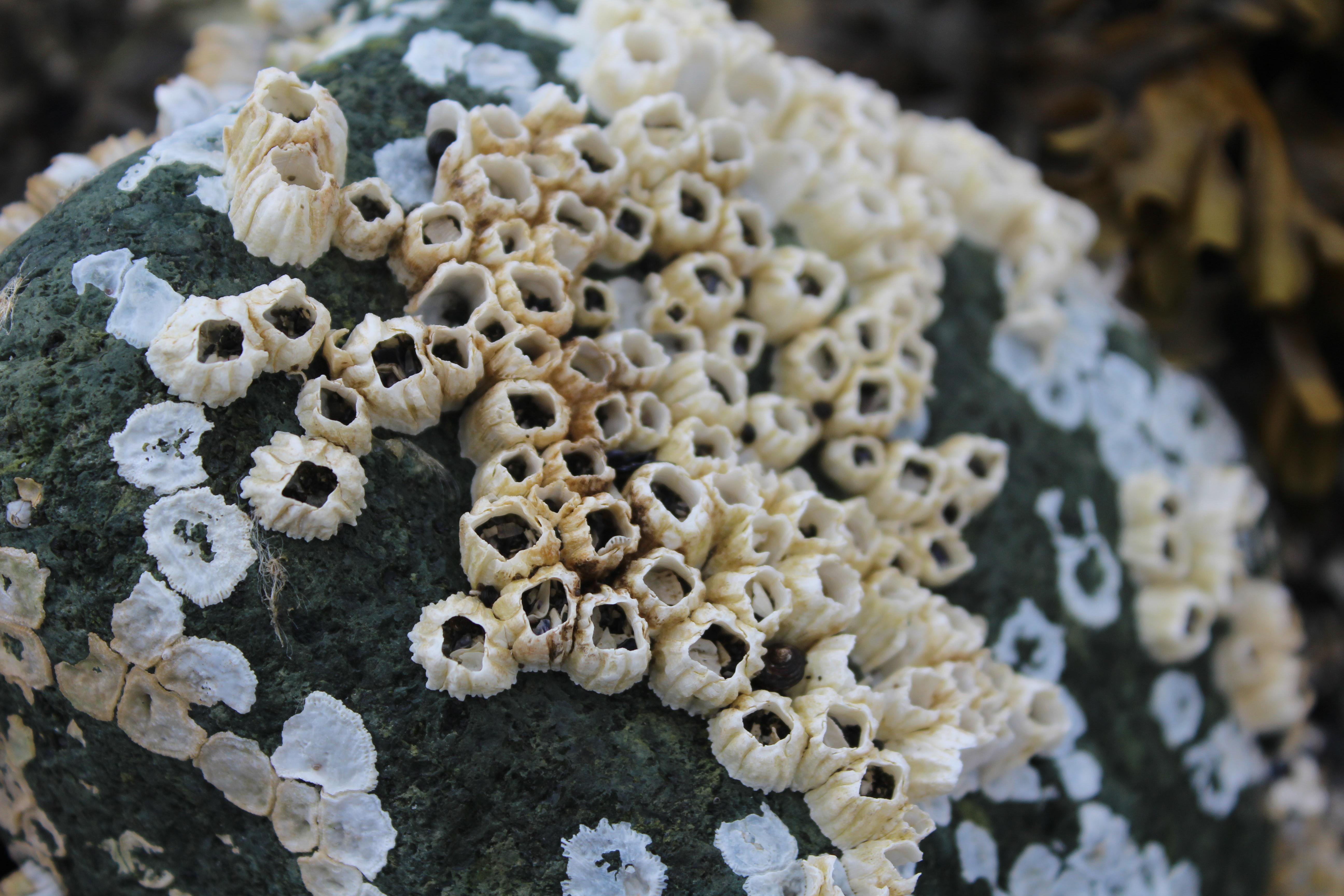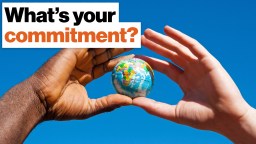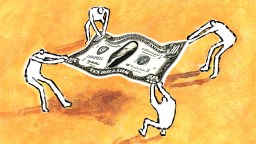healthcare
MIT researchers design glue that mimics the sticky substance barnacles use to cling to rocks.
There’s no such thing as a miracle drug.
Northwell Health CEO Michael Dowling has an important favor to ask of the American people.
▸
1 min
—
with
Prior to COVID-19, 45% of people with intellectual disabilities reported feeling lonely.
Ban Ki-moon recently criticized the state of the U.S. healthcare system as part of his work with The Elders, an international organization founded by Nelson Mandela.
Having a goal to change the world for the better is great. But what’s more important, says Chelsea Clinton, is having a plan to make it happen.
▸
5 min
—
with
The three behemoth companies are teaming up to disrupt the U.S. health care industry, a move that spooked the markets on the morning of the announcement.
Documentary offers a surprisingly simple solution to improving medical care.
▸
with
Haggling over a number? That’s a terrible way for people to negotiate, says Harvard International Negotiation Project head honcho Dan Shapiro.
▸
4 min
—
with
A study finds an increasing number of Americans live with serious mental issues and their access to healthcare is getting worse.
A “needs statement” is the core element and guiding force for such an innovative endeavor, says Stanford Professor Paul Yock.











